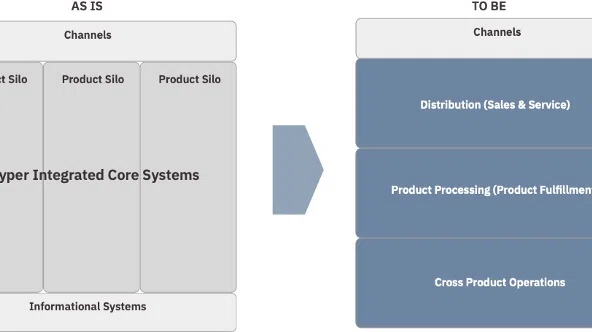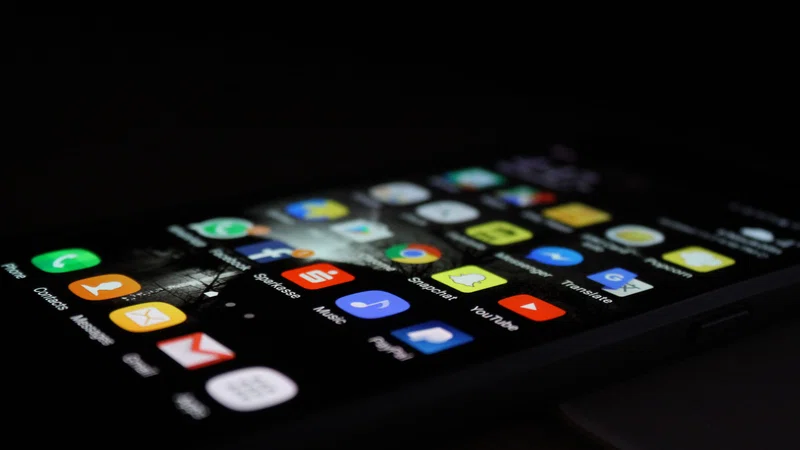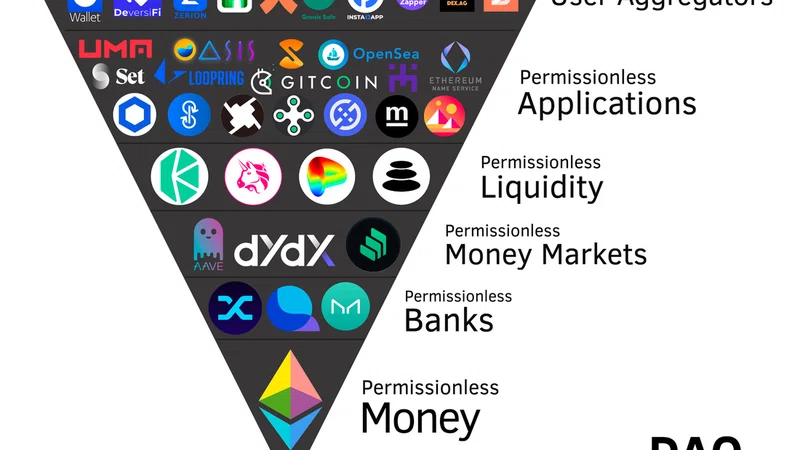
Won’t Happen: A 5G Revolution for Consumers.
Will Happen: A Revolution in Communications for Business Automation. A Different Understanding of 5G.
Notice how 5G has gone quiet? Remember all that talk of unimagined speeds of up to 1 GB per second, streaming VR, and previously unimagined experiences for consumers? It didn’t happen – yet. 5G has a few awkward problems that developers are finding tough to solve – the biggest being that the high-speed wavelengths can’t penetrate walls. Don’t expect to be downloading films in seconds just yet. Consumers are not going to see a fifth-generation revolution any time soon.
5G is far more complex than fast streaming. Smart businesses will invest in a more joined up fifth generation of communications, an ecosystem of modernized data transfer, connected solutions which combine IoT, AI, and cloud to produce real-time analytics, granular insights, and seamless results.
Industries that rely heavily on automation – energy, manufacturing, agriculture – will be the early adopters, utilizing shrinking sensors to enable data collection from hundreds of thousands of inputs to build true “digital twins” of real-world environments – from robotic assembly lines to power grids, to huge farms. Using this data, collected over 5G industrial networks, they’ll be able to automatically adjust conditions and sense even the minutest changes. This level of hyper-efficiency should lead to better energy usage, more precise manufacturing and automated repair, and stronger returns on investment.

Won’t Happen: Metaverse takes over.
Will Happen: AR and VR becomes more integrated in our lives.
The metaverse will be useful to consumers and businesses alike, once everyone works out exactly what it is. The metaverse is still too undefined to be able to benefit from it. At this point, companies should be exploring what the implications of the metaverse will be, how they want to be positioned in it, and dabbling in proofs of concept. The metaverse is on the way to being huge and will undoubtedly impact the future of marketing and customer engagement.
However, AR and VR will become more common in our lives, mainly because hardware has advanced so that we don’t have to wear 30lbs of gear on our heads to experience it. Early adoption of metaverse will happen as extensions of what we’re already seeing with Zoom, Slack, or Microsoft Teams (e.g. business meetings could be moved out of a 2D screen-based environment to virtual environments featuring avatars that can emote based on AI processing of video camera feeds). In commerce, how people buy homes and cars may be much more interactive. "Digital Twin" technologies will merge into the Metaverse, allowing for engineering, manufacturing, and other physical world industries to create and work in virtual environments (e.g. training and safety drills in the metaverse). In entertainment, shared experiences like concerts and sporting events could be held in hybrid modes – with some participants in real world venues while others participate simultaneously in virtual simulations. Education will be fundamentally disrupted: Metaverse U could rise to challenge the Harvards and MITs.
Companies with a leg up in the metaverse will lead the charge, but there will be other players, like Microsoft (with HoloLens and Teams as its AR and interaction layers) and Google. Apple shouldn’t be counted out, and Amazon will be an early player in terms of compute power, and then may begin shifting its consumer-facing interests as models evolve (eCommerce in the Metaverse). In China, there’s also heavy expectation from Baidu, Alibaba, and Tencent.
Zoom, Nvidia, Reddit, and Salesforce may drive adoption. While Meta is ahead with its social platform, other companies such as Reddit, with its huge pool of interest groups, and Amazon's Twitch subsidiary with its legion of gaming and eSports fans, could help drive adoption by extending their interaction and engagement models into the Metaverse. The sleeping giants are gaming companies, the biggest being Roblox.

Won’t Happen: More Streaming Services.
Will Happen: Streaming Services Will Consolidate & Expand Beyond Streaming
Despite the hype, this is NOT a good time to launch a new streaming service. The early players like Netflix are too far ahead. Consumers want more, better, and simpler. They no longer want to simply be offered a few good pieces of content. Instead of launching their own streaming service, companies should team up with the platform where their content will get the most eyeballs.
We’ll start to see consolidation on a large scale, with streaming services working together and diversifying. Start-ups will likely emerge with the goal of helping viewers manage their streaming services, making it easier to find which platforms have the movies and shows they want to watch. Streaming services will also expand into areas beyond streaming as they now realize that their competition is anything that can potentially pull consumers away from using their service as their default leisure activity. This is why we’ve recently seen Netflix get into gaming, which was the right move.

Won’t Happen: Wholesale Integration of Products.
Will Happen: Ambient Tech Will Play a Bigger Role.
Most of our interactions with devices today are pointer-based. However, in 2022, we’ll start to see the way we interact with technology become more integrated and “invisible” with increased use of features like facial recognition, eye tracking, and emotional tracking. Expect companies in this space to try to tie these “passive” information gathering techniques with automation. An example would be a connected coffee maker turning on at the beginning of a workday when being notified by your IoT-enabled hot water pump that the shower just turned off.
But don’t expect companies to integrate all their products into one larger ecosystem – the big players are still focused on market share, not interoperability. And don’t expect them to proactively address data and privacy concerns either.












